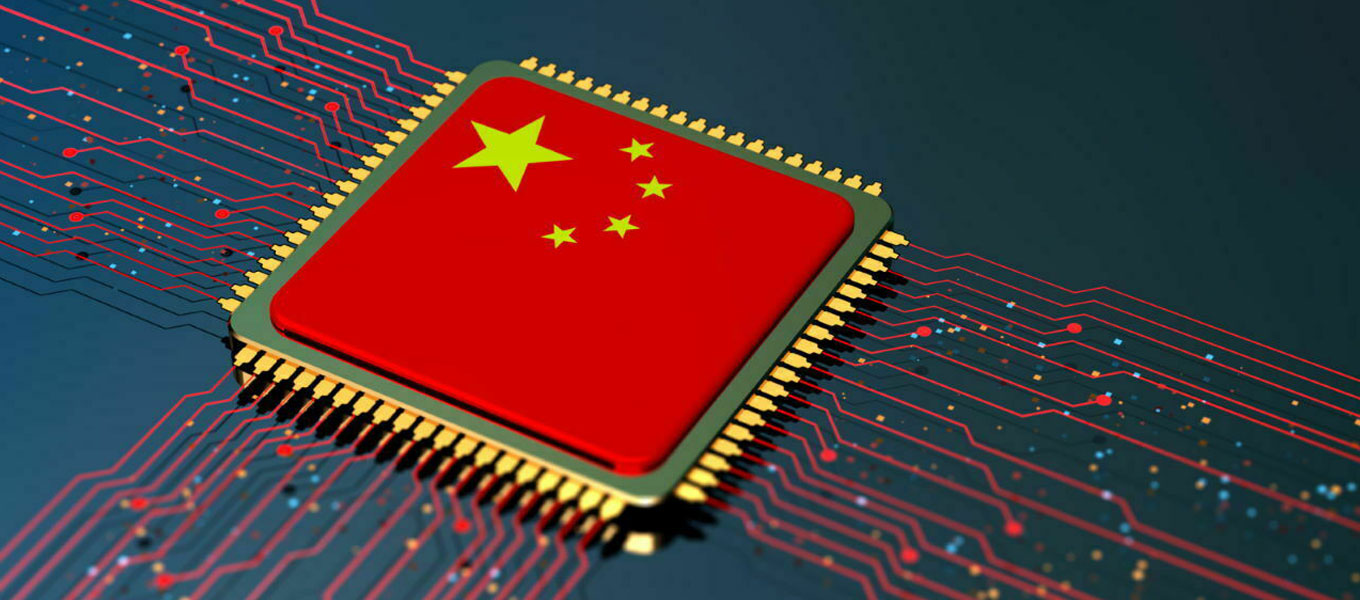China Halts Chip Investment
The coronavirus pandemic has caused immense damage to China, causing them to temporarily halt the huge investments they had made in semiconductors to help catch up to the United States, South Korea, and Taiwan.
The country had outlined an ambitious plan to build a semiconductor industry that could rival the United States, but it is battling a resurgence of coronavirus cases that is putting a strain on the Chinese economy and its financial resources.
High-level officials are debating ways to change course away from the extravagant grants that have not generated noticeable results and have led to corruption and U.S. sanctions. While some are still recommending incentives of up to 1 trillion yuan ($147 billion), other decision-makers have lost enthusiasm for an investment-centered strategy that has so far failed to deliver.
Instead of relying on foreign chipmakers, officials are exploring other approaches to help local semiconductor producers, including reducing the expense of semiconductor components.
This would signify a change in how Beijing is tackling the industry, which is essential for competing with the U.S. and protecting China's economic and military power. This highlights how the nation's financial issues are consuming its resources and hampering its plans to create chips- a major objective of Xi Jinping. This could also affect other vital areas, such as the environment and defense.
It is unknown what other chip policies Beijing is contemplating or if it will eventually abandon the capital investment-intensive strategy that has successfully advanced its production industries in the past decades. China's government may still elect to move resources from other areas to finance its chip industry. Nonetheless, the conversations happening now stand in sharp contrast to the Chinese government's earlier attempts to invest massive amounts of money into the chip sector, including creating the National Integrated Circuit Industry Investment Fund in 2014.
The Big Fund is the delivery vehicle at the center of Xi's discontentment with the prior approach. It had roughly $45 billion in available cash and pumped money into several companies, including the two domestic semiconductor titans Semiconductor Manufacturing International Corp. and Yangtze Memory Technologies Co.
Research into China's semiconductor development has been extensive recently, with the CEO of Taiwan Semiconductor Manufacturing Company (TSMC) claiming that export restrictions undermine the relationship between nations. In addition, the U.S. blacklisted certain Chinese tech businesses, exacerbating the existing trade conflict, with Japan reportedly joining the United States in its attempt to limit the export of Chinese chips. In response, China has filed a case against the U.S. sanctions with the World Trade Organization. The CCP's investigations into corruption are also thought to be linked to their frustration over failed chipmaking efforts.
President Xi's government has become increasingly unhappy that despite the large investments made in the last ten years, no significant advances have been made, and the gap between China and the U.S., South Korea, and Taiwan has not been narrowed. To make matters worse, both SMIC and Yangtze, which are supposed to be the leading semiconductor producers in the country, were further hurt by the U.S. sanctions.
Last summer, senior Chinese authorities in Beijing issued a series of anti-corruption investigations targeting well-known personalities in the business world, alleging that corruption was the reason for squandered and inefficient investment. It is expected that The Big Fund will suffer a decline in its reputation due to this.
Semiconductors became a key point of contention between the United States and China, with President Xi often expressing the need to fix the so-called "bottlenecks" in China, which are the areas where the nation is still dependent on the U.S. and other countries for essential technologies, like chips.
President Xi is aiming to make China independent when it comes to essential technologies. When he secured his third term in October, Xi promised to hasten the realization of crucial plans to increase creativity, saying that actions would be taken to build up the new system to bring together resources throughout the country to obtain major technological advances and enhance China's power in critical areas of science and technology. Instead of simply asking for subsidies, government administrators are now asking local semiconductor material producers to reduce prices.
The government's financial situation has been heavily impacted by less revenue from taxes, falling land sales, and the expenses associated with containing the coronavirus, resulting in a record-breaking deficit in the last fiscal year.
At the same time, the United States has becoming more and more forceful in its attempts to hinder China's technological advances. In 2022, it intensified its efforts to limit Chinese chipmaking by employing tactics including export restrictions to preserve as big of a lead as possible. In addition, the Netherlands and Japan, two of China's most important partners, have also agreed to restrict the export of high-tech chipmaking machinery to China, which could be another significant setback for Beijing's ambitions to develop its semiconductor industry.

